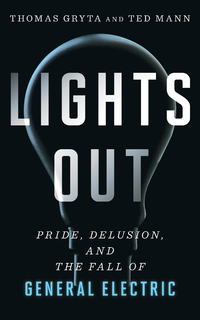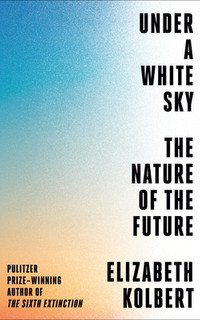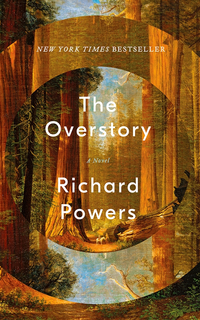Collection
5 ideas for summer reading
"These books gave me something to think about. I hope they do the same for you." – Bill Gates
- Curated in 5 ideas for summer reading
How could a company as big and successful as GE fail? I’ve been thinking about that question for several years, and Lights Out finally gave me many of the answers I was seeking. The authors give you an unflinching look at the mistakes and missteps made by GE’s leadership. If you’re in any kind of leadership role—whether at a company, a non-profit, or somewhere else—there’s a lot you can learn here.

- Curated in 5 ideas for summer reading
Kolbert’s latest is the most straightforward examination of “humanity versus nature” on this list. She describes it as “a book about people trying to solve problems caused by people trying to solve problems.” She writes about a number of the ways that people are intervening with nature, including gene drive and geoengineering—two topics that I’m particularly interested in. Like all of her books, it’s an enjoyable read.

- Curated in 5 ideas for summer reading
I am almost always interested in books about American presidents, and I especially loved A Promised Land. The memoir covers his early career up through the mission that killed Osama bin Laden in 2011. President Obama is unusually honest about his experience in the White House, including how isolating it is to be the person who ultimately calls the shots. It’s a fascinating look at what it’s like to steer a country through challenging times.

- Curated in 5 ideas for summer reading
This is one of the most unusual novels I’ve read in years. The Overstory follows the lives of nine people and examines their connection with trees. Some of the characters come together over the course of the book, while others stay on their own. Even though the book takes a pretty extreme view towards the need to protect forests, I was moved by each character’s passion for their cause and finished the book eager to learn more about trees.

- Curated in 5 ideas for summer reading
Richtel wrote his book before the pandemic, but this exploration of the human immune system is nevertheless a valuable read that will help you understand what it takes to stop COVID-19. He keeps the subject accessible by focusing on four patients, each of whom is forced to manage their immune system in one way or another. Their stories make for a super interesting look at the science of immuni
